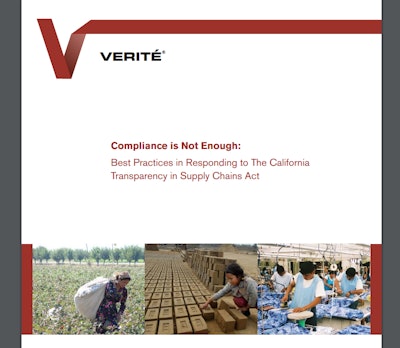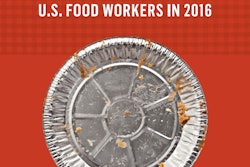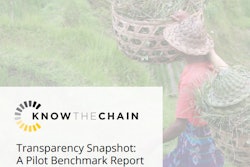
Warning signs advising consumers “This item may be the product of slave labor" could end up on candy bar wrappers, packages of frozen shrimp and even cans of cat food if some California lawyers get their way, according to Advertising Age.
A victory for consumer lawyers may force companies into a corner: Give shoppers a moral dilemma every time they go to the supermarket, or pay suppliers a lot more to eliminate any temptation to use slave labor.
Under California's supply chain transparency law, the first of its kind, companies with more than $100 million in revenue must publicly disclose their efforts to fight slave labor. It doesn't require them to have a policy – but if they do, they have to say what it is.
Edie Burge, a spokeswoman for Nestlé's U.S. unit, echoed other defendants when she said there's no legal justification for requiring warnings on company products.
To read more, click here.














